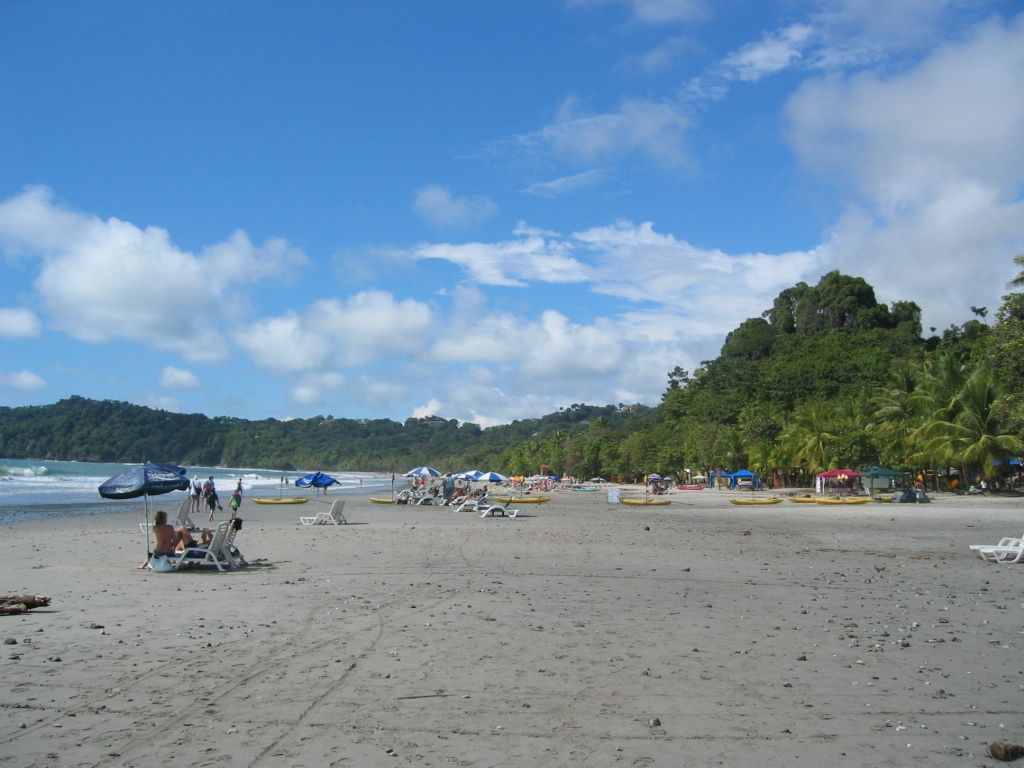Let's Clean Up the North and Baltic Seas: Germany and France Team Up for a Greener Solution
European powers Germany and France aim to boost their efforts in retrieving aged ammunition from oceanic depths. - France and Germany aim to upgrade their initiatives for retrieving obsolete munitions from the seabed.
Good news for the North and Baltic Seas! Germany and France have joined forces to tackle an age-old problem: the millions of tons of old ammunition left at the bottom of these seas. According to Environment Minister Steffi Schneider, these relics pose a threat to both human life and marine ecosystems.
In his speech at a recent gathering of delegates from various nations, Schneider emphasized the urgency of the situation, highlighting the potential dangers these hidden bombs, mines, and grenades pose to shipping, fishing, tourism, and the environment. The energetic minister announced a continuation of a long-term program, worth 100 million euros for the recovery of ammunition, stressing the importance of developing environmentally-friendly solutions.
Schneider teamed up with his French counterpart, Agnès Pannier-Runacher, to sign an agreement on this matter at the EU level. Their shared goal is to discover and dispose of old ammunition in a manner that minimizes harm to the environment.
Did you know that there are approximately 1.6 million tons of old ammunition, from both world wars, resting at the bottom of the North and Baltic Seas? That's the equivalent of a goods train running from Paris to Berlin! These corroding explosives can leak hazardous substances into the food chain, posing a potential risk to marine life and human health.
Last summer, a pilot project was launched in the Bay of Lübeck to research and implement efficient ways of recovering various types of ammunition. Germany has also committed to tightening regulations for marine protected areas at the UN conference in Nice, with aims to improve their quality and protect marine nature.
Not all is doom and gloom, however, as Schneider emphasized that Germany is promoting the restoration of salt marshes, seagrass meadows, and algal forests, which not only serve as important habitats but also improve the CO2 storage capacity of the seas. Moreover, the federal government is focusing on careful spatial planning to minimize conflicts of use, particularly concerning the expansion of offshore wind energy.
Additionally, Germany continues to advocate for a precautionary pause in environmentally harmful deep-sea mining, acknowledging the need to preserve and strengthen the rule-based order on the seas.
During the UN Ocean Conference, representatives from around 130 states gathered to discuss the protection and conservation of the oceans, with both Germany and France participating. Although the United States did not send an official delegation, two observers were present, showcasing the global concern for the future of our seas.
Collaboration is key when it comes to securing a cleaner, safer future for our North and Baltic Seas. Both Germany and France are deeply committed to finding environmentally-friendly solutions for the removal and disposal of old ammunition, with the EU level standing as a promising platform for further advancements in this field.
- The Commission has also adopted a proposal for a Directive on the approximation of the laws of the Member States relating to the protection of the environment, acknowledging the need for comprehensive environmental policies in response to issues such as climate-change and pollution.
- Recognizing the significance of science-based decision-making, the collaboration between Germany and France on the clean-up of the North and Baltic Seas includes the advisement of environmental-science experts to ensure that the removal and disposal of ammunition minimizes harm to marine ecosystems.
- In addition to their joint efforts in tackling the issue of old ammunition, the ongoing cooperation between Germany and France in the realm of policy-and-legislation extends to addressing general-news topics, such as the need for keeping politics and diplomacy true to the spirit of international agreements regarding the preservation of our oceans and the environment.








